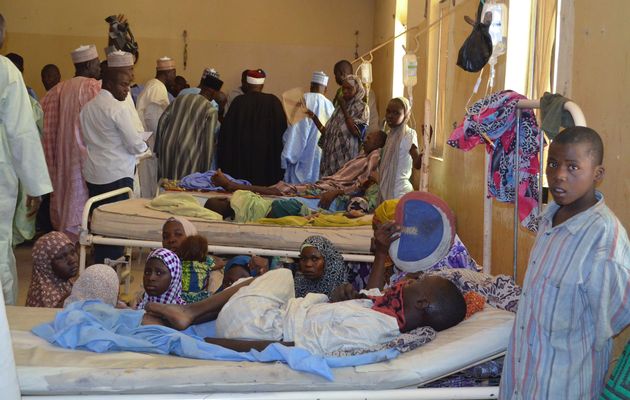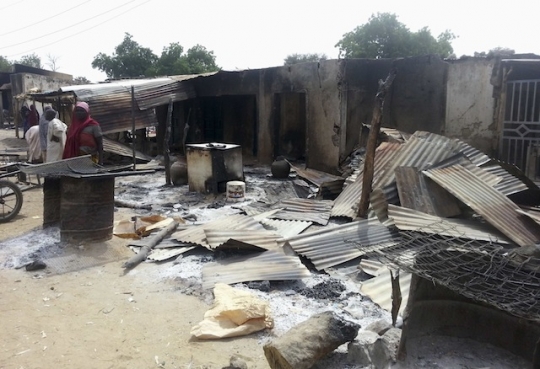
Officials in Nigeria are claiming that Fulani Muslim herders attacked three Christian villages and killed over 100 civilians, including many women and children. Hundreds of thatched-roof huts were set ablaze. Churches were also burned in the attack.
The latest attack on the Christians is a small part of the thousands who have been killed in recent years in a decades long competition for land and water between mainly Muslim Fulani herdsmen and Christian farmers across Nigeria. More than 100 people were killed in similar attacks in neighboring Katsina state last week. The Central belt of the country is where the mostly Muslim North meets the Christian south, and violence between the groups seems to be the norm there.
Local government acting chairman Daniel Anyip said about 100 people were killed in attacks on three villages Friday night.
According to Fox news, Chenshyi village chief Nuhu Moses said Sunday that gunmen killed more than 50 people including the pastor's wife and children. He said the entire village in the southern part of Kaduna state was destroyed.

Reuters is reporting that although there is an uprising in the north country as warlords there tey to impose Sharia law, that this latest violence is unrelated. However, analysts say there is a risk the insurgents will try to stoke central Nigeria's conflict. Though most of the Islamist sect's attacks are contained further north but it did claim a 2011 Christmas Day bomb attack at a church in Jos.
"Fulani gunmen came across from neighboring Plateau state and just opened fire on the villagers at around 11 p.m.," said Daniel Anyip, vice chairman of the Kaura local government authority. "We are still picking bodies out of the bush but so far there are more than 100 killed."
Nigeria, Africa's most populous nation with almost 170 million people has roughly equal populations of both Christians and Muslims, broken into around 250 different ethnic groups who mostly live peacefully.
Watchdog agencies in the country put the blame on the Nigerian Government for being slow to protect the people involved.
Many believe this is because the violence usually occurs outside of the economic and population centers of the country.














